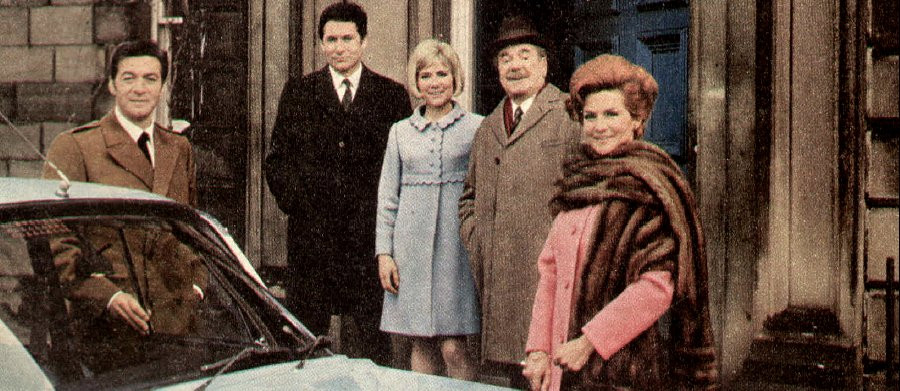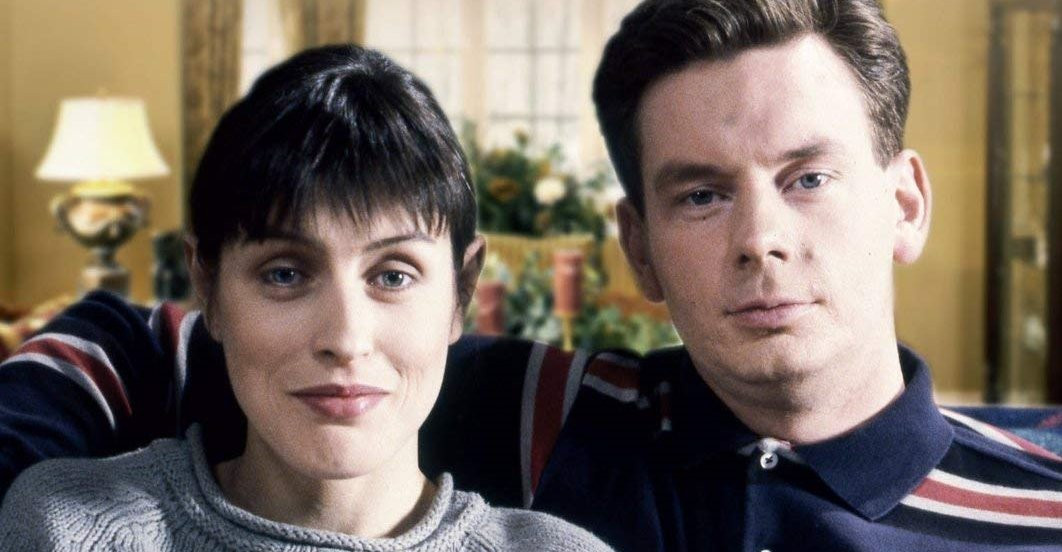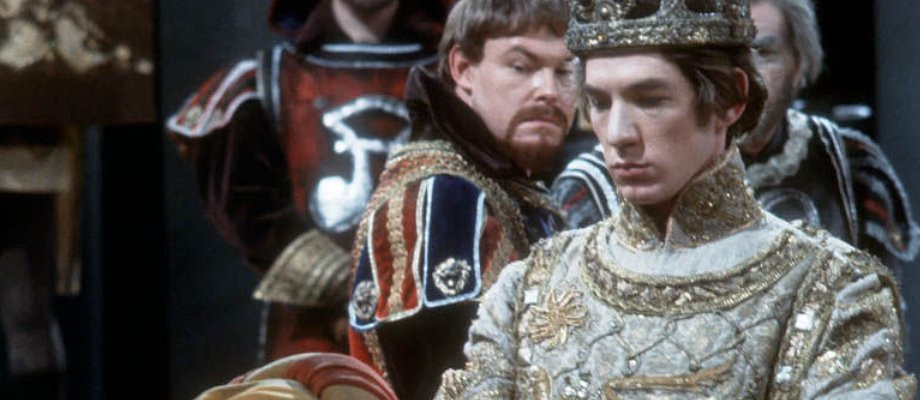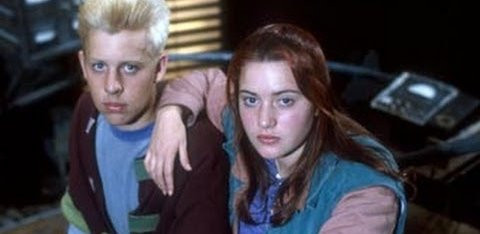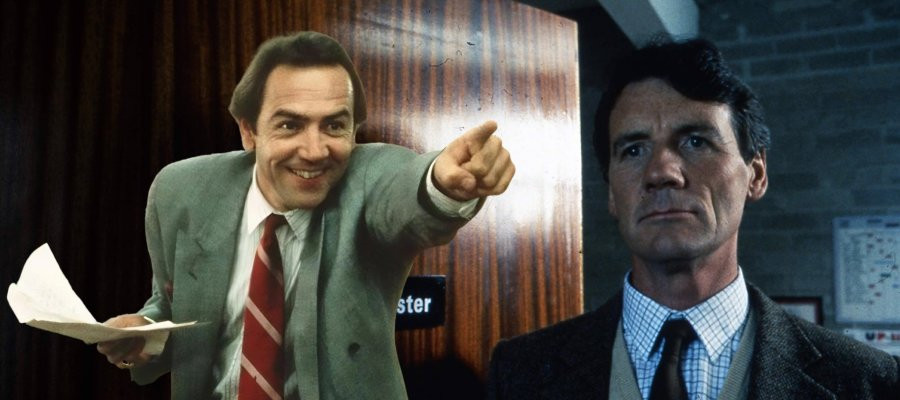
GBH
1991 - United KingdomGBH is Alan Bleasedale's Bafta-nominated political satire drama focussing on the fall of Michael Murray after he becomes the leader of the city council in a Northern town. His council is elected from uneducated, working class people and this makes Murray unpopular with other politicians, but very popular with the people of the city. He shows empathy with the poorer classes and also makes a point of being completely against racism.
Murray, played by Robert Lindsay, has a number of flaws in his character that lead to his downfall. He has a major power complex and revels in the fact that he is now a "somebody" despite being a social outcast as a child. His desire for power makes him vulnerable to the influence of the leaders of a militant party. They promise him the fame and power he dreams of in return for pushing their militant ideas into his campaign. His self-importance makes him look down on nearly everyone else and makes him extremely unlikeable as a character. He employs his brother, Franky as his driver, but even he leaves him at the side of the road in one scene when he becomes fed up of his demanding, high-maintenance, rude attitude.
By the end of the series even his mother, played by Julie Walters, deserts him. This is Murray's lowest point as he states that his mother is the only one he feels he can talk to and who truly understands him. Unfortunately it is only when she does truly understand him that she realises what a bad man he is.
We learn a lot about Murray's childhood throughout the seven-part, 10-and-a-half-hour series, which leads us to understand more about his character. Murray came from an underprivileged background. His father died before he was born and he resents that his older brother got to meet him. He blames his father for his own death, despite only hearing positive stories from his mother. It seems that Murray did not have many friends growing up as he went to an elitist school where the other pupils looked down on him.
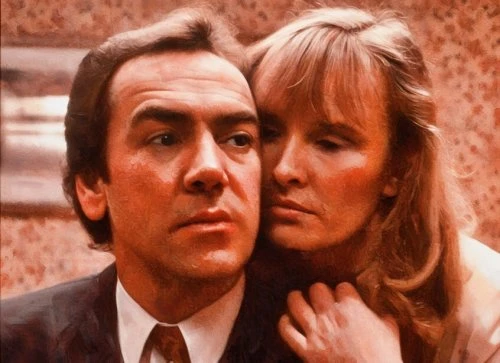
His only friend was a girl called Eileen Critchley who taunted Murray and who comes back to haunt him when he becomes famous. He also felt victimised by his head teacher, and one of the first things he does after becoming council leader is to take his revenge. Murray does have a caring side which shows itself occasionally throughout the series. When he was told that he cannot build the council houses he had promised the public, he seems genuinely upset. The viewer gets the impression that this is because he does want to help those less fortunate, rather than because he doesn't want to upset his voters.
He clearly adores his mother and does his best to make sure she lives comfortably. He often seems upset that he does not see her as much as he'd like. He also falls in love during the series, and does his best to please his girlfriend. Unfortunately he also has a wife who the viewer does not meet until episode four. Although she is mentioned before this, Murray does not seem to love her or his children.
Murray's character is said to be loosely based on Derek Hatton who was a militant labour politician in the 80s. He fought against Thatcherism and was extremely controversial for his beliefs and the way he caused conflict. The programme also tells the story of Jim Nelson, the hypochondriac head teacher of a school for children with learning difficulties. Nelson, played by Michael Palin, is one of the few people who stands up to Murray. Doing so leads him to suffer anxiety and paranoia. When the series ends, Murray is arrested and Nelson is able to clear his name. At the same time, all his worries and demons disappear and he is able to have a happy ending with his family.
Seen this show? How do you rate it?
Seen this show? How do you rate it?
Published on December 17th, 2018. Written by Suzanna Hayes-Goldfinch (2014) for Television Heaven.


